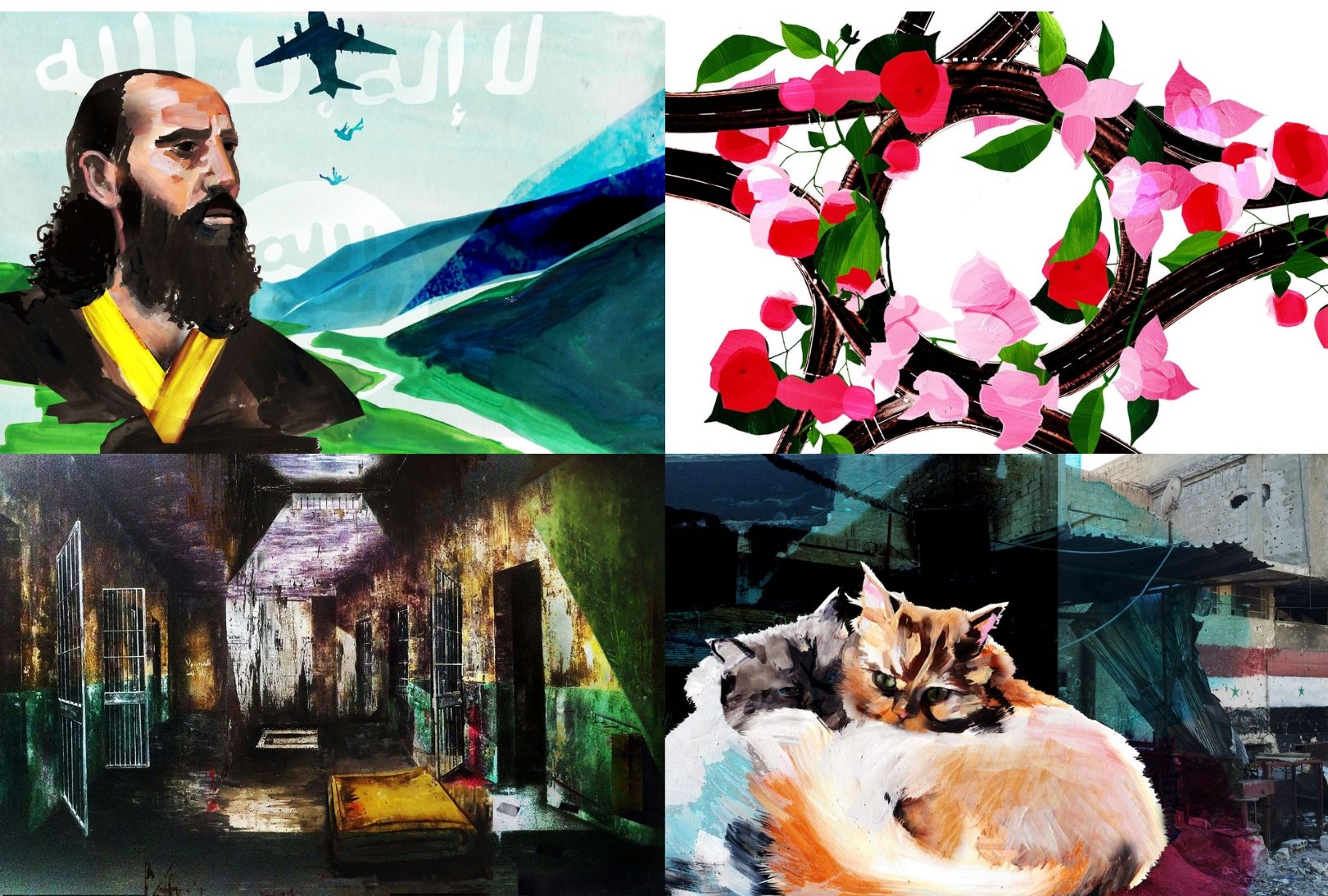Hello, New Lines readers,
We hope you’re enjoying a much-needed holiday break. We have a lot in store for 2023, particularly the launch of our print edition. In the meantime, as has become tradition, we wanted to share with you a list of our staff’s favorite essays from the past year. We hope you’ll find something of interest in this eclectic collection of stories.
Wishing you a Happy New Year from the New Lines team!
The Day My Wartime Cat Went Missing, by Rasha Elass
Riada Asimovic Akyol, Strategic Initiatives Editor
Many of my close friends tell me that, despite my irrational fear of cats, I’d be a perfect “cat person,” once I dared to confront those fears. I’ve acknowledged the joy and glow in their eyes, when my friends speak of their pets. I’ve observed such bonds curiously and in a more mindful way in the last few years, especially after becoming a mother, responsible for someone else’s life.
The essay “The Day My Wartime Cat Went Missing” was published early in 2022, and was an instant classic. Our Editorial Director, Rasha Elass, writes masterfully about her adventures with adopted cats Pumpkin and Gremlin, whom she first met in Abu Dhabi. She beautifully depicts how they survived a tough war, and the different challenges they’ve been through in the Middle East and the United States. She shares her genuine love and nurturing care, as well as her dread at the possibility of losing them, whether in peacetime or war.
The essay is a gorgeous reminder of the bonds that matter. Check it out for yourself.
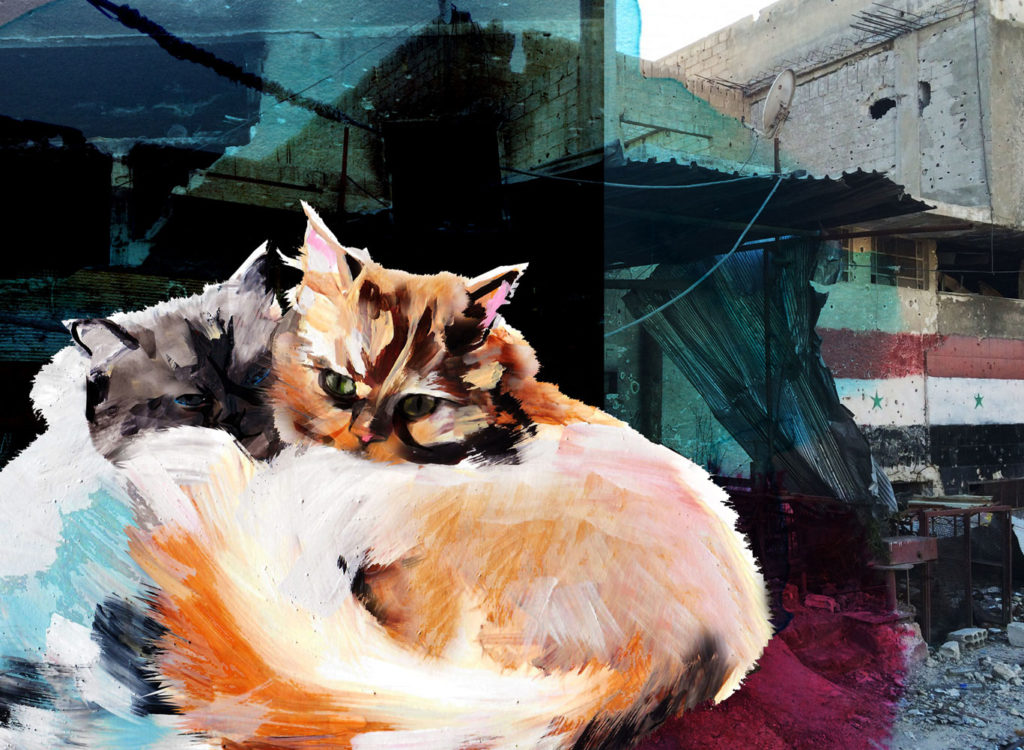
How I Survived a Syrian Gulag, by Jaber Baker
Rasha Al Aqeedi, Middle East Deputy Editor
The terms “dictatorship,” “fascism,” “authoritarianism” and “totalitarianism” are thrown around today to describe various ruling systems in the world to such an extent that they have lost their actual meaning. Inconveniences such as losing access to a social media platform are compared to the conditions that led to the Holocaust, while wearing a pandemic-imposed mask is akin to living in a gulag.
The Syrian author Jaber Baker takes us on a dark journey through his time in an actual gulag run by Bashar al-Assad’s Baath Party. For me personally, the essay is a masterclass in storytelling and struck more chords and triggered more memories of my childhood and adolescence in Saddam Hussein’s Iraq than I wish it had. The true experiences and traumas of dictatorship face the threat of being drowned out by the noises of victimhood culture. While no one has a monopoly on trauma, Syrians have the right to tell the stories of their torture and suffering. It is a reminder that not all injustices are created equal.
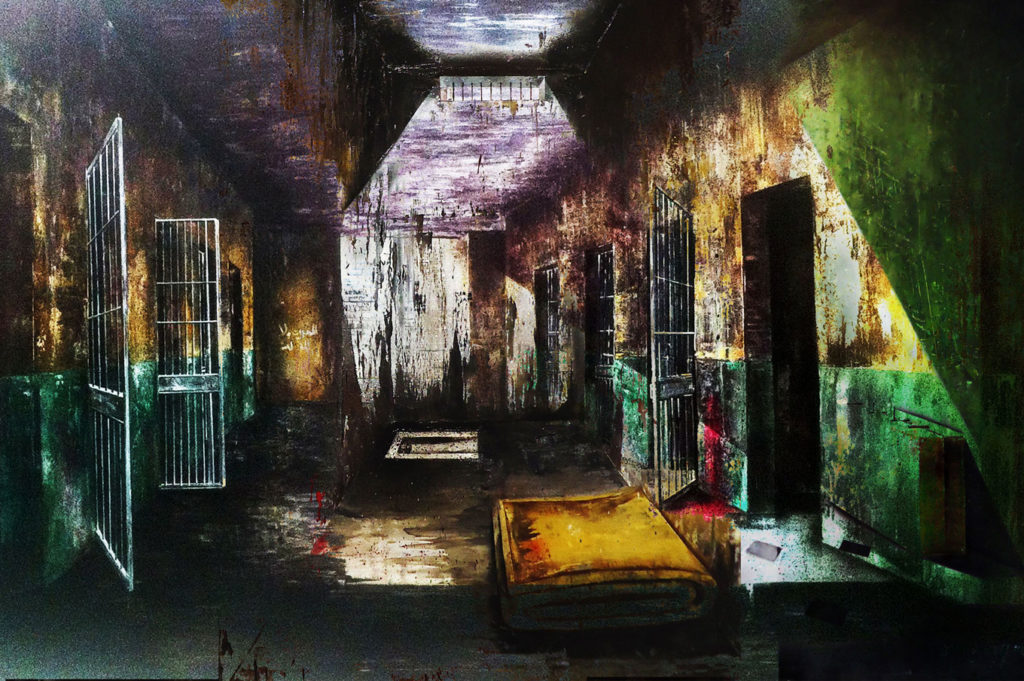
The Last of the Bougainvillea Years, by Zeina Hashem Beck
Erin Clare Brown, North Africa Editor
When faced with an impending move to Paris from Dubai in search of more stability for her family, poet Zeina Hashem Beck is suddenly filled with the pangs of loss — not for the Emirates, where she’d lived since 2006, but for her home in Lebanon. She explores this abstract sense of displacement and longing in her gorgeously crafted essay, written in a pitch-perfect prose that carries the music of poetry through her attempts to sort her belongings, prepare her children, and reassure herself that the displacement is the right call. Through it all Hashem Beck mourns the impending loss of her bougainvillea vines, whose clouds of pink blossoms and wicked thorns come to symbolize in turns her beloved hometown, her Mediterranean identity and in ways, the author herself.
It’s a beautiful meditation on loss and longing, displacement and belonging that reminds us that when we are the right amount of thirsty, we blossom.
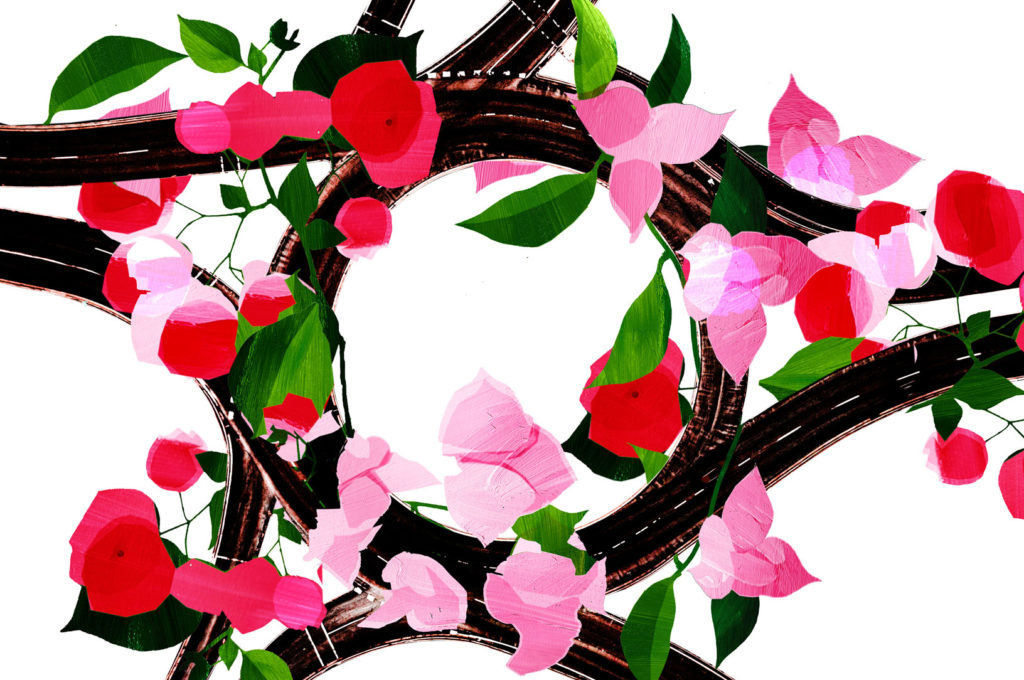
What Ukraine Means for Lithuanians Haunted by Soviet Past, by Inga Rudzinskaite-Colman
Amie Ferris-Rotman, Global News Editor
When reading this essay, one feels that an entire generation of Eastern Europeans is speaking, in a single, defiant voice, suddenly with renewed urgency. The globe is so focused on Russia’s horrific assault on Ukraine, and the grim atrocities the Russian military commits practically every day, that we often forget, or perhaps do not realize, the impact the war has on Moscow’s previous victims. In this essay, the analyst Inga Rudzinskaite-Colman, who was born and raised in Vilnius, dives into complicated issues like collective trauma and self-identity. She tells us, in poignant detail, how she and her fellow countrymen and women strived for decades to disassociate themselves from Russia and their Soviet past. But belonging to the Western “club” has also meant uncomfortable compromises, like being “Russiasplained” to. Read this beautifully written essay to peer into the new realities facing the Baltics, Poland and other countries once in Russia’s orbit, who are now finding themselves united by survival.
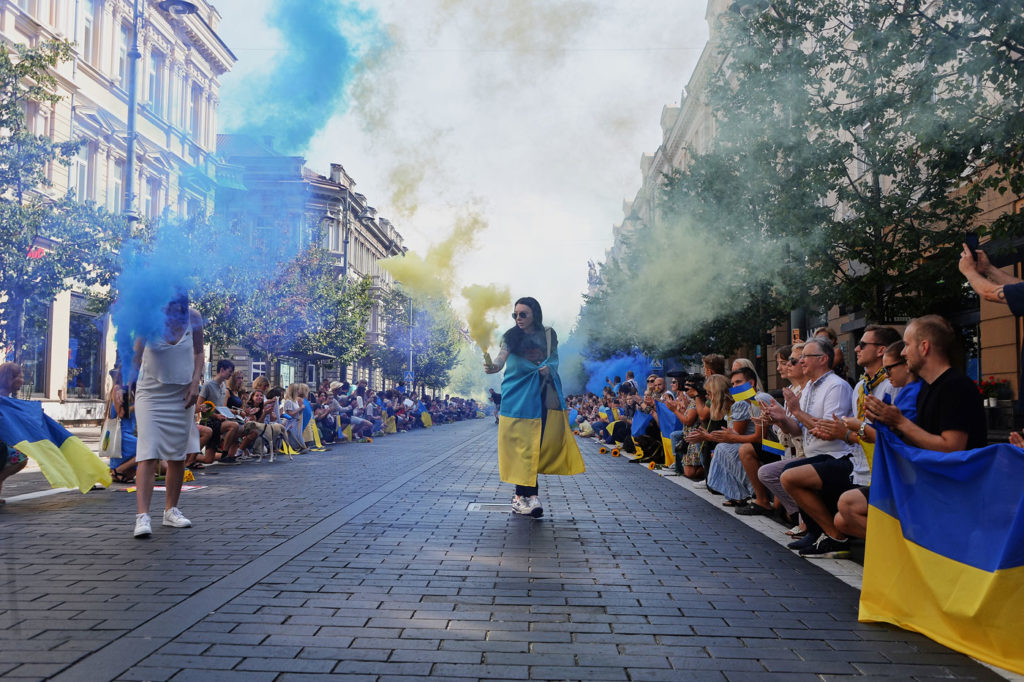
Rushdie Is India’s Forgotten Child of Midnight, by Pratik Kanjilal
Surbhi Gupta, South Asia Editor
Earlier this year, when Salman Rushdie was attacked before his talk in western New York, his supposed safe haven, much of the discussion in the media and reports in the news cycle focused on the politics of that infamous fatwa by the Ayatollah Khomeini calling for the writer’s death and its repercussions on the Muslim world. Yet, despite the fact Rushdie has roots in India and the subcontinent has been a constant source of inspiration for his writing, I could find no essay that delved into this relationship and work with South Asia — before this one.
While many were focused on the backlash against Rushdie’s novel, “The Satanic Verses,” the South Asian connection in the story was being overlooked. The first protests against the book happened not in Iran but in Pakistan, and this prompted the Indian government to ban its import from the U.K. It was, indeed, in a review in an Indian magazine that the Ayatollah is said to have first learned of the book. That’s why I loved this essay by Pratik Kanjilal, a veteran journalist and books editor in India, who has followed Rushdie’s journey closely through the years and was the best person to write it. He packs a lot into this essay: He writes about Rushdie, critiques his work, discusses what his Booker Prize wins meant for English writing in India, his relationship with India and Pakistan, and the irony of the attack, coinciding as it did with the 75th Independence Day celebrations in India.
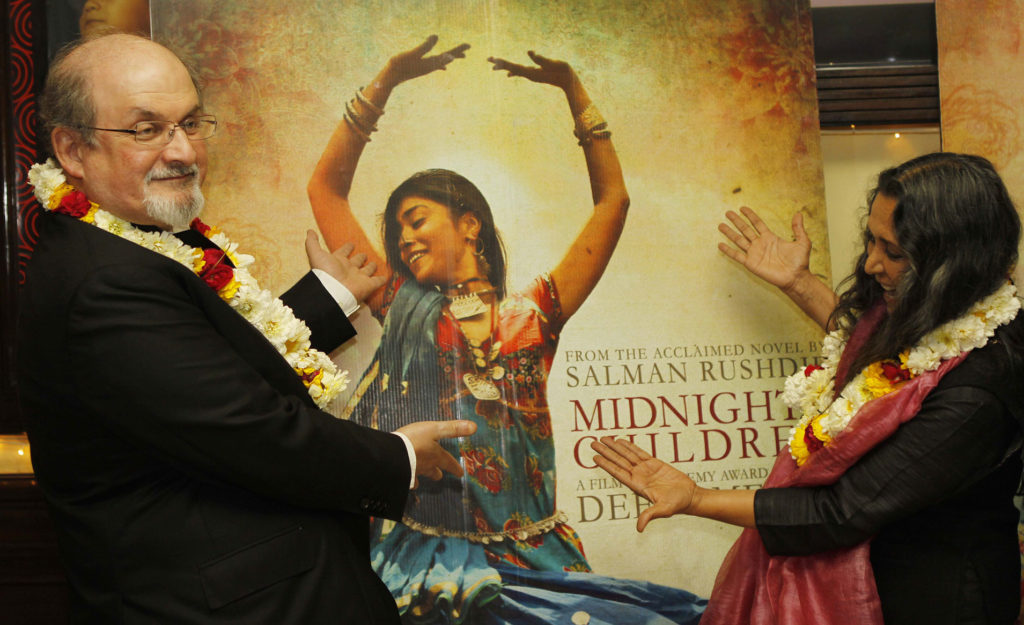
Faith and Vengeance: the Islamic State’s War in Afghanistan, by Fazelminallah Qazizai and Chris Sands
Tam Hussein, Associate Editor
This piece tells the story of the rise of the Islamic State of Khorasan Province (ISKP), and its fall and rebirth, told through the character of Abu Omar Khorasani, “the most feared and despised prisoner in Directorate 40.” It takes you on a journey from the Afghan Jihad in the 1980s all the way to the present. I love deep dives and investigations. This particular piece is very original and will no doubt populate the citations of many books on the topic for years to come. To produce an essay of such quality requires a supportive editorial team and journalists willing to follow the story all the way. For me, that is embodied in this investigation. When I read it, I can almost see the legwork and local knowledge put in by Fazelminallah Qazizai. I see the crisp writing style of Qazizai’s co-author Chris Sands, the beautiful artwork of Joanna Andreasson and the background work that the editorial team puts in months before publication. And so it’s not just an enjoyable and interesting read, it’s what our managing editor Ola Salem says the best essays are — a work of art.
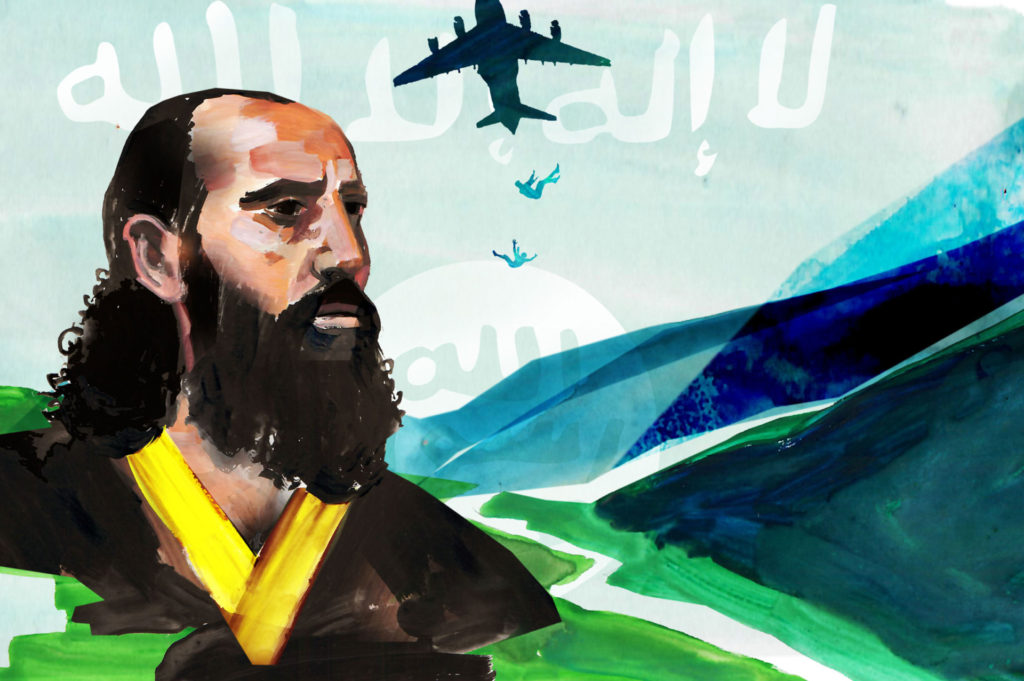
When Uganda Expelled Its Asian Population in 1972, Britain Tried to Exclude Them, by Saima Nasar
Kwangu Liwewe, Africa Editor
When I read this essay, it reminded me of the writer Chimamanda Ngozi Adichie’s The Danger of a Single Story. For five decades, the narrative about the expulsion of Uganda’s Asians has been that they went to Britain, were welcomed there and lived as refugees, then successfully assimilated into society and have contributed to all spheres of British life.
This essay puts the spotlight on how the narrative changed from unwanted Asian immigrants to one of a humanitarian response, when the plight of Asians became international news and Britain feared a backlash. The writer Saima Nasar lifts the lid on this narrative and tells the story of how, in actual fact, the Asians were British passport holders and were initially not welcome in Britain.
Nasar writes, “While Ugandan Asians have no doubt shaped Britain’s economic, political and socio-cultural landscapes, it is important to avoid celebratory narratives that overlook histories of struggle and discrimination.”
It is an important essay that challenges society to re-examine historical narratives.
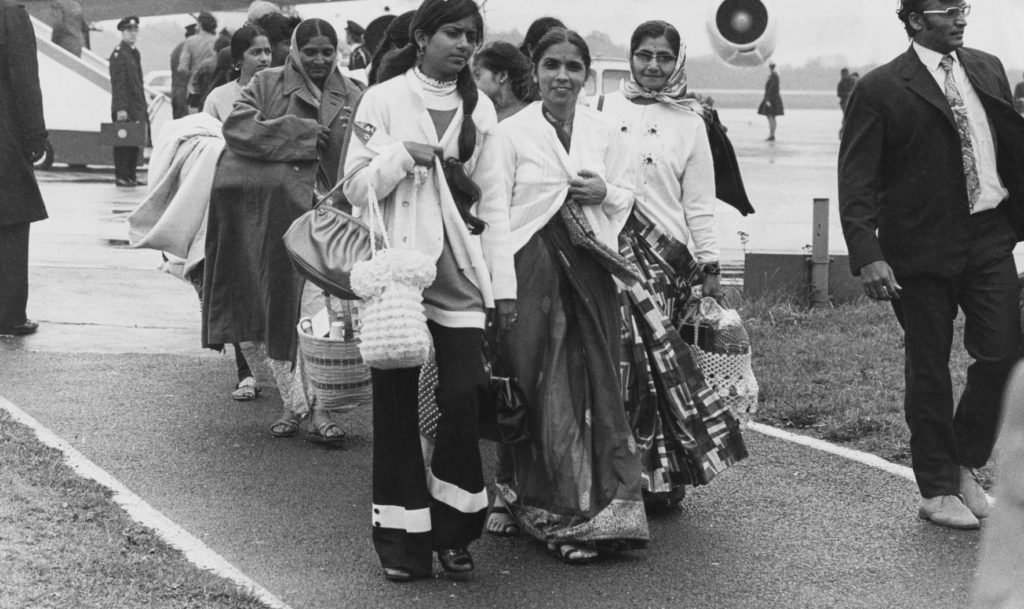
A Film Critic Reflects on the Artistic Journeys and Vision of the Late French Director Jean-Luc Godard, by Jonathan Rosenbaum
Danny Postel, Politics Editor
When I saw the news on Sept. 13 that the legendary filmmaker Jean-Luc Godard had died, I immediately called Jonathan Rosenbaum, the longtime film critic for my local alt-weekly newspaper, the Chicago Reader, and the author of multiple books on world cinema. Rosenbaum had written extensively about Godard’s films over the years and had interviewed the grand poobah of French cinema’s New Wave movement on more than one occasion. I was thrilled that Rosenbaum agreed to write for us, despite being unfamiliar with New Lines (he later informed me that Sight and Sound, the magazine of the British Film Institute, also asked him to write something on Godard but we got to him first).
In the essay, he discusses several of Godard’s films — “Breathless” (1960), “Alphaville” (1965), “Tout Va Bien” (1972), “Every Man for Himself” (1980), “Passion” (1982), “Nouvelle Vague” (1990) and “Histoire(s) du Cinéma,” an eight-part experimental video series made between 1988 and 1998 — but it’s far from a survey of the late director’s filmography. Instead, it’s a deeply personal meditation on his poetic vision and colossal global influence, and on the relationship between art and commercial success and failure. “Marketplace value has little or nothing to do with the love of art,” Rosenbaum writes, and “there’s no way of gauging the latter via the former, especially insofar as the intensity of the love and the qualities of the audience experiencing and expressing it aren’t even remotely quantifiable.” Godard once said to Rosenbaum: “I like to think of myself as an airplane, not an airport.” Reflecting on that quip, Rosenbaum writes that “vehicles that take us places, and the destinations of those who make them don’t have to be the same as the destinations of those who climb into those vehicles.”
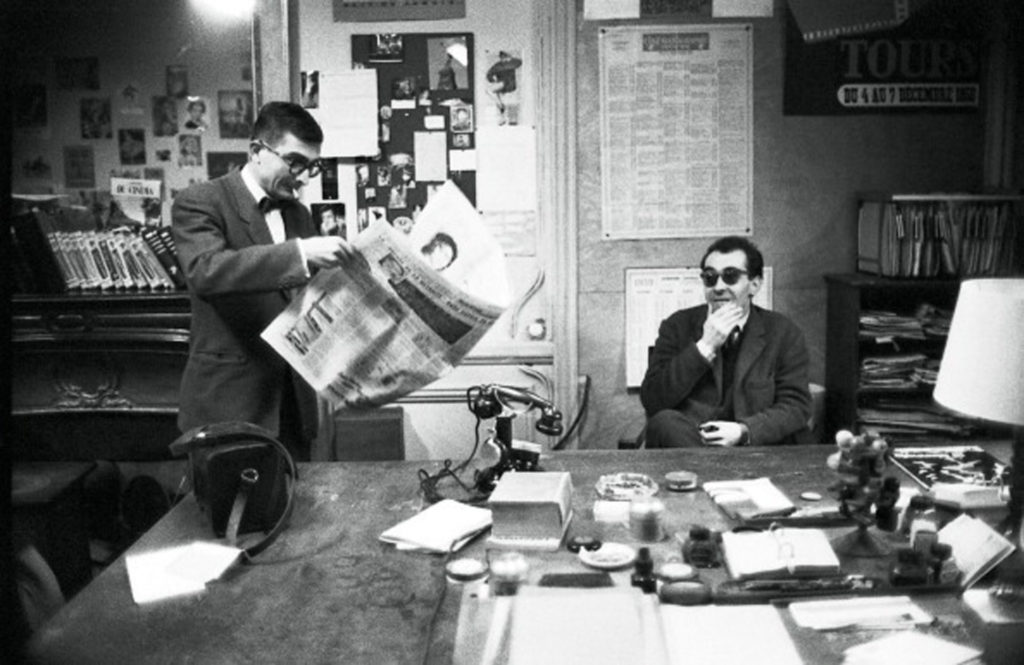
Between Two Rivers, Between Two Myths, by Sophus Helle
Lydia Wilson, Culture Editor
I wanted to choose a history essay for two reasons: It’s one of the genres that we do particularly well and, second, this type of long-form history is not given much space in other outlets. Our history essays are always deep-dive explorations of stories from the past from experts on the subject, showing us something new about the world, whether a new perspective on a familiar topic or a previously hidden gem.
“Between Two Rivers,” by the Mesopotamian scholar Sophus Helle, exemplifies what we’re trying to do. It is based on deep expertise, exploring the identities of societies going back millennia in the territory now called Iraq. Helle looks at the labels these cultures gave themselves and were given by later invaders or historians. But it does not only tell the story of the historical material. Crucially, it explains why these facts, controversies and debates about old identities are relevant today, and the obfuscation of the past realities on the ground in Iraq does not serve its present inhabitants. History matters, and this essay brings that home.
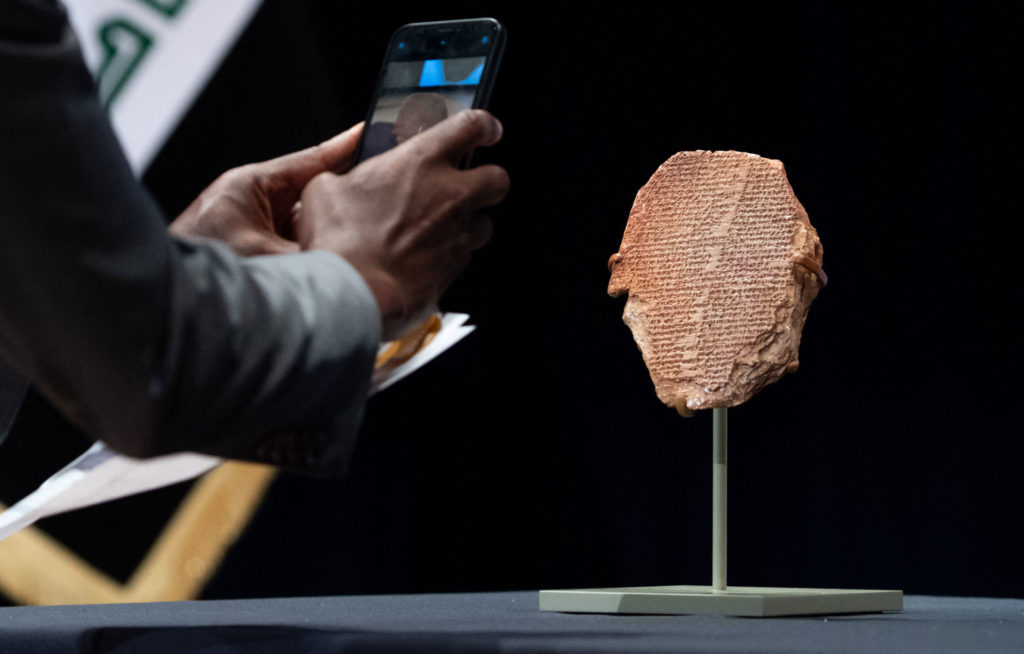
An Exile Returns to Find Syria Changed Forever, by Nizar Kinaan
Faisal Al Yafai, International Editor
It’s been a year of war — as too many of the past few years have been — this time dominated in Europe by Russia’s invasion of Ukraine. At the magazine, we’ve certainly published a lot about the Ukraine war, but we’ve also kept a close eye on other conflicts.
This essay by Nizar Kinaan, a pseudonym for obvious reasons, is one of those, revisiting the still-simmering Syrian conflict. The author returned to the coastal city of Latakia after years away and found a city, and country, drastically changed by the war. We called the essay “No Country for Young Men” because of the profound changes in gender roles wrought by the war.
“‘Where are the young men?’ I asked my friends in the cafe bar we were drinking in. ‘They are dead, in the army or they left like I should have done.’”
“The taboos against women working in certain specific jobs have definitely been broken,” wrote Kinaan, quoting a Syrian woman who said, “I am not saying all taboos have been completely shattered … but things have definitely shifted. Now women can work in most jobs, stay out late, and be a little bit more independent.”
Many will applaud that change, but the reasons that brought it about have destabilized the entire society. This is what makes Kinaan’s encounter with Latakia so interesting; he doesn’t judge what has happened by any moral standard except that of Syria itself. He doesn’t applaud changes in isolation without understanding what it took to make them change.
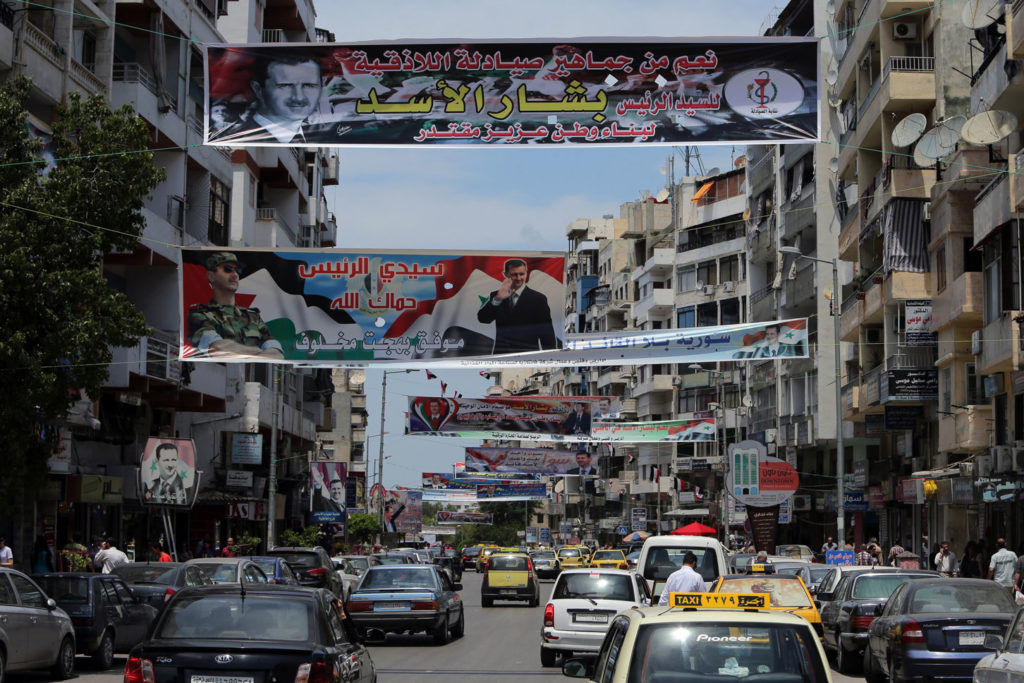
Sign up to our mailing list to receive our stories in your inbox.



